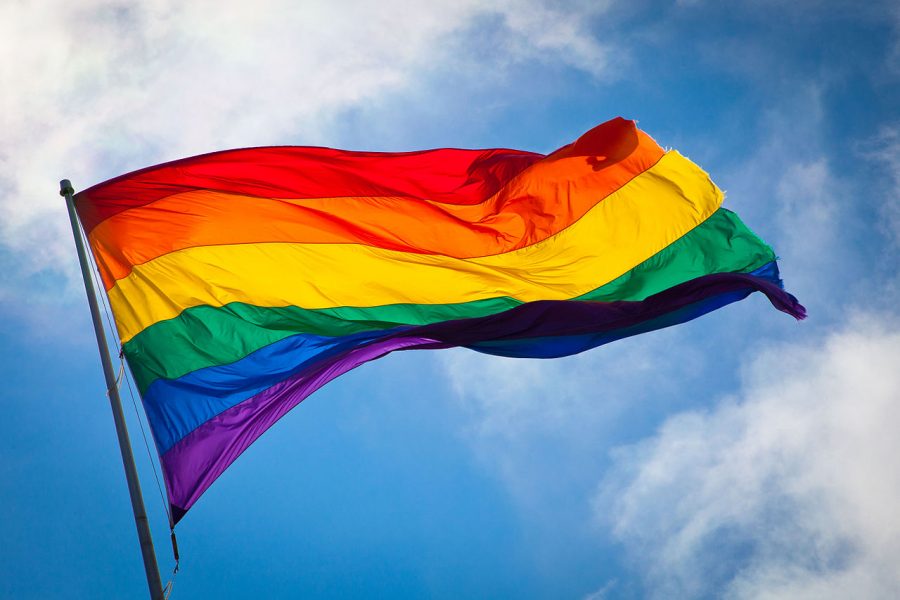The LGBT (Lesbian Gay Bisexual Transgender) community celebrates October 11 as National Coming Out Day. Corporates (especially multi-nationals), mark the day with seminars and workshops, where counselors advise you on how you can come out of the closet and tell your family, friends and colleagues that you are gay or lesbian. These workshops are also meant to sensitize those in the organization who are not LGBT and make them allies in the effort to help their colleagues come out.
Society has certainly progressed and become more accepting of alternate sexualities. Gay marriage has been legalized in most countries in the west. India has repealed an age old colonial British law that criminalized homosexuality. One may be forgiven for thinking that coming out is easy in today’s day and age. The truth is, it is still very hard at an individual level.
The first step in coming out is coming out to yourself. Some young people are blessed with great self-awareness and come out to their parents while still in their early teens. At the other extreme, there are those who repress the truth well into middle age. When they finally accept they are gay, they are in the rather unenviable position of having to come out to their spouses and children (as depicted in the Arvind Swamy starrer Dear Dad). Most people fall in between, coming to terms with their sexuality in their 20s.
The first stop in the coming out process should ideally be your family, but that doesn’t always happen in real life. Young Indians today often move out of home early, to study and then work, going home to see their family maybe once a year on holidays. Building a life in metro cities like Mumbai, Delhi and Bangalore, they first come out to friends and colleagues, while their parents remain in blissful ignorance at home, planning their marriage. We’ve seen a spate of ads and movies built around this theme, where the gay man takes his significant other home for the holidays, to meet his parents (as in Shubh Mangal Zyada Saavdhan). Another version has the mother coming to stay with her son in the city and discovering he is gay (a situation depicted by Kiron Kher in the film Dostana).
In important sub-text in these narratives is that the LGBT people depicted already live independent of their parents, which makes their coming out to them that much easier. What about those who live with their patents? In Mumbai, where real estate is expensive, I know several gay men who have not only come out to their parents but have had their boyfriend move in with them. There is an economic logic to this, since both contribute to the household budget.
As it happens, coming out is a life-long process. You can certainly do it in one shot by bringing your boyfriend to a family wedding or to an office party and introducing him to everybody. But more often the process consists of coming out to different people individually. There will always be the clueless but inquisitive new colleague who asks you why you aren’t married. On National Coming Out Day, it’s recommended you grab the opportunity and answer “I’m gay.” Else people will hassle you like this for the rest of your life.













